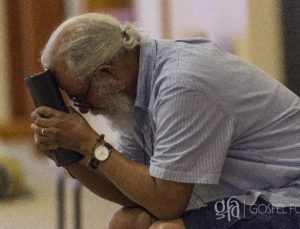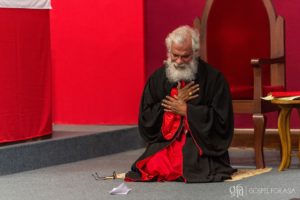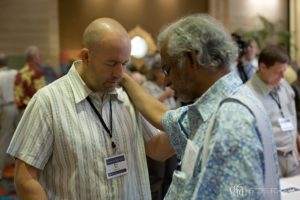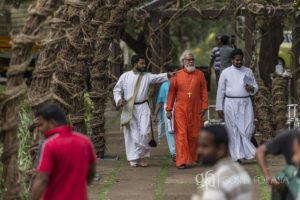
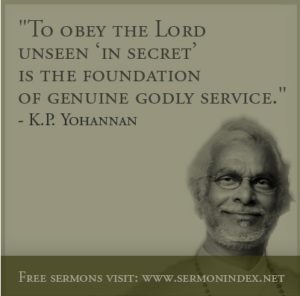 The truth is that no one person can hinder our spiritual growth or destroy us if we walk with the Lord and put our faith in Him. He will be our shield and defender just as He promised. Even God cannot destroy us, if we have trusted in Jesus as our Savior and our hearts are completely His. He will eternally abide by His own Word that says, “Whoever believes in Him should not perish but have everlasting life” (John 3:16).
The truth is that no one person can hinder our spiritual growth or destroy us if we walk with the Lord and put our faith in Him. He will be our shield and defender just as He promised. Even God cannot destroy us, if we have trusted in Jesus as our Savior and our hearts are completely His. He will eternally abide by His own Word that says, “Whoever believes in Him should not perish but have everlasting life” (John 3:16).
Ultimately, I am the only one who can destroy me. By my own choice to reject Jesus as my Savior, I can send myself to hell. As a follower of Christ, if I violate God’s principles, I will bring destruction upon my marriage, my home, my work and myself. And if I don’t walk by faith according to the Scripture, I can prevent God from fulfilling His promises toward me.
How can we detect the real hindrance and remove it? The Apostle Paul advised the Corinthian Christians to examine and judge themselves (see 1 Corinthians 11:31–32).
It starts with us being willing to be honest with ourselves. Instead of blaming others, we should search our own hearts when we find that we are not making progress in our Christian walk.
But it shouldn’t end there because “the heart is deceitful above all things, and desperately wicked; who can know it? I, the Lord, search the heart, I test the mind . . .” (Jeremiah 17:9–10). Our hearts can appear innocent to us so that we don’t suspect our troubles could be self-inflicted.
We must involve the Lord on this quest. We must be willing to be honest with ourselves and then invite God: “Search me, O God, and know my heart; try me, and know my anxieties; and see if there is any wicked way in me, and lead me in the way everlasting” (Psalm 139:23–24). Only He can tell us the truth and help us see ourselves as we are. That’s why each of us needs to follow David’s example— coming in humility to the Lord and asking Him to perform the examination.
God was always faithful to point out a sin or a wrong attitude in David’s heart that compromised his relationship with God and hindered his spiritual progress. David responded by humbling himself, repenting and accepting God’s correction.
It is the grace of God when He opens our eyes and shows us our true condition. And if we respond as David did, the hindrance that held us back will be gone, and we will be set free to make progress on our spiritual journey.
Lord, search our hearts and try us.

